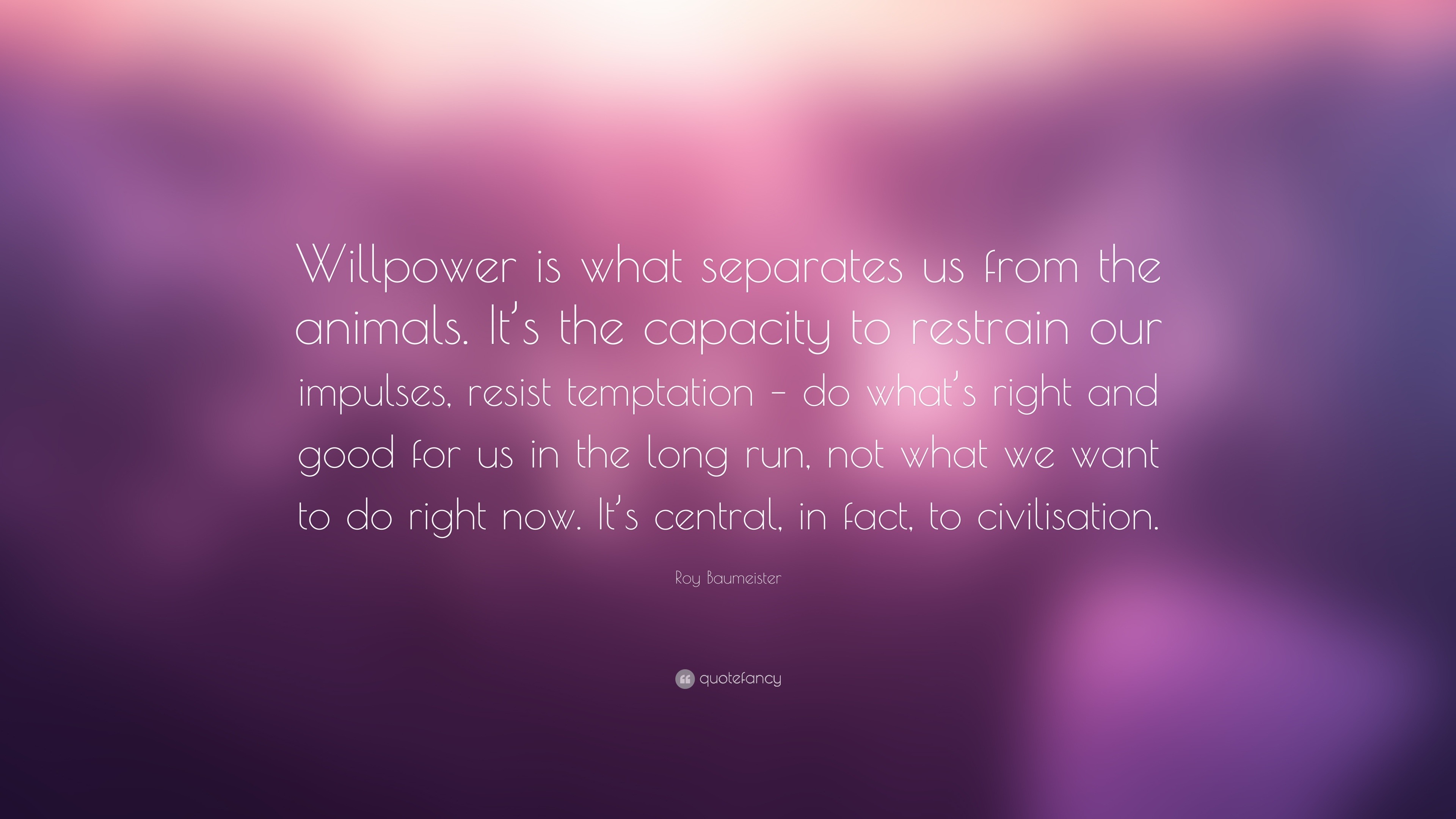

Indeed, some studies suggest that the female brain is better equipped for empathy and the male brain for understanding and building systems.įrom the GGSC to your bookshelf: 30 science-backed tools for well-being.Īs with any social scientific generalization, there are many exceptions to these rules-they hold for most but not all men and women-but they are by and large true according to the research Baumeister cites. Typically, women care more about being lovable and men care more about being capable. Men are more “agentic” than women, meaning that they tend to exhibit more autonomy and generally regard themselves as responsible for getting things done women are more communal than men-they tend more to care about others, want to be close to them, and take care of their needs. Studies suggest that women thrive in the small, intimate sphere of close relationships, where people connect one-to-one men, on the other hand, seem to do better in the larger social sphere, where their relationships are more numerous but also more shallow. To him, the relations between the genders are more cooperative and complementary than antagonistic: Throughout history, men and women have often excelled at different tasks, contributing to each other’s welfare in their own ways.īaumeister methodically supports this argument by drawing on scientific research. Baumeister, a renowned social psychologist and professor at Florida State University, starts by rejecting the idea that men and women are natural enemies who continually exploit and oppress each other, and that one gender is inherently “better” than the other.


 0 kommentar(er)
0 kommentar(er)
